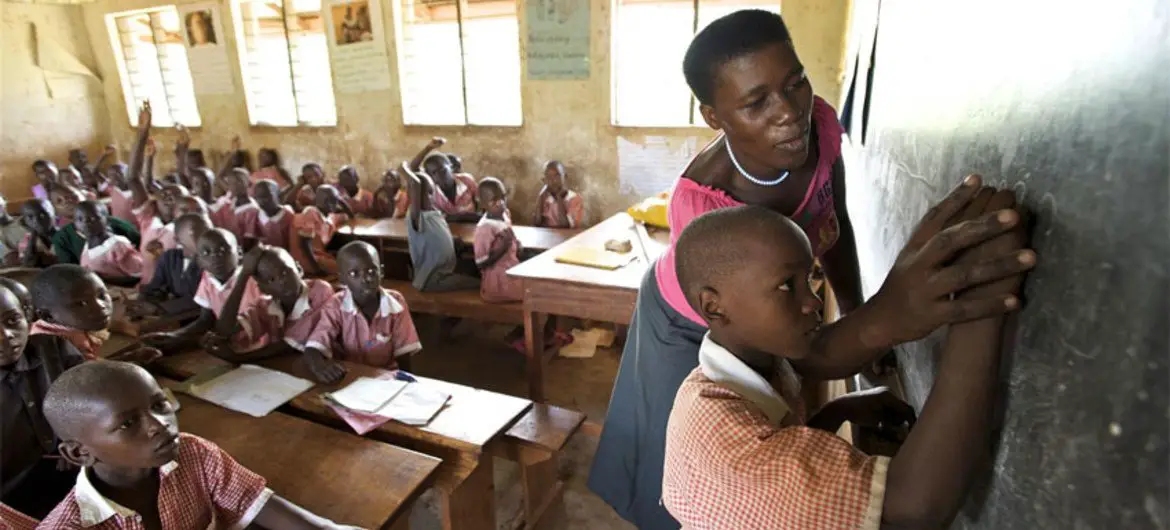It’s undeniable: the quality of education shapes the future of a nation. Education is not just about imparting knowledge; it’s about molding character, fostering creativity, and nurturing the leaders of tomorrow. But in recent times, there has been a rising chorus advocating for the privatization of schools. While some argue that it can bring efficiency and innovation, there are significant pitfalls to such an approach. And just as one wouldn’t gamble with vital decisions, as one might on https://cryptocasinosindia.com/, we mustn’t treat education as a commodity.

1. Widening the Wealth Gap
One of the most significant dangers of privatizing education is exacerbating the wealth gap. Privatized schools, in their bid to ensure profitability, often charge hefty fees. While they may offer scholarships or discounts, it’s undeniable that a significant portion of the population could be priced out of quality education. This creates a two-tier system: those who can afford better education will continue to benefit from its advantages, while others lag behind.
2. Profits Over Pedagogy
In a private system, profit often becomes the driving goal. When schools operate as businesses, there’s a risk that financial concerns might overshadow educational quality. Instead of focusing solely on the best teaching methods or curriculum, decisions may get influenced by what’s most profitable. For instance, expensive programs that don’t add significant value might be promoted because they’re profitable.
3. Eroding Equality
Every child, regardless of background, deserves an equal shot at success. But privatization can erode this principle. A system where schools cater primarily to those who can afford to pay inevitably leaves behind marginalized communities. Public schools, funded by taxpayer money, have a responsibility to serve all children equally. A shift towards privatization can compromise this egalitarian ethos.
4. Lack of Oversight
Elected officials scrutinize public schools, making them accountable and transparent to the public. Private organizations may not be as open about their operations, finances, or teaching methods. It’s difficult to make sure these schools meet the best educational standards because there isn’t enough supervision.
5. Narrowing the Curriculum
To appeal to a broader market, private schools might prioritize more “marketable” subjects and sideline disciplines that are deemed less profitable. This could lead to a narrowing of the curriculum, depriving students of a holistic education. The richness of diverse subjects – from arts to sciences – should be accessible to all, not just those in specialized or elite institutions.
6. Ignoring the Broader Role of Schools
Schools are not just for education. They also bring different students together to create unity and friendship. In a classroom, children learn more than just math and science. They also learn about different cultures and traditions. At school, friendships are made, biases are questioned, and society learns to get along.
However, when schools become privatized, there’s a risk of creating echo chambers. These institutions may cater to specific socio-economic groups, unintentionally promoting homogeneity over diversity. Public schools offer a variety of experiences that students may miss out on. The emphasis shifts from community building to profit generation.
When a school’s primary focus becomes its bottom line, it’s not just the academic quality that suffers. The very essence of what makes a school a vital community hub is at stake. When discussing privatization, it’s important to remember that schools are more than businesses. They are vital to our communities.
Also Read: Tips on Unlocking Teen Creativity: Strategies for Inspiring Young Writers
Conclusion: Protecting the Heart of Education
Education is too vital to be left to market forces alone. Privatizing education, like playing a high-stakes game, carries significant risks. Private schools are important, but public education for all students should be the priority. Only by preserving this balance can we safeguard the future of our children and the societies they will inherit.



